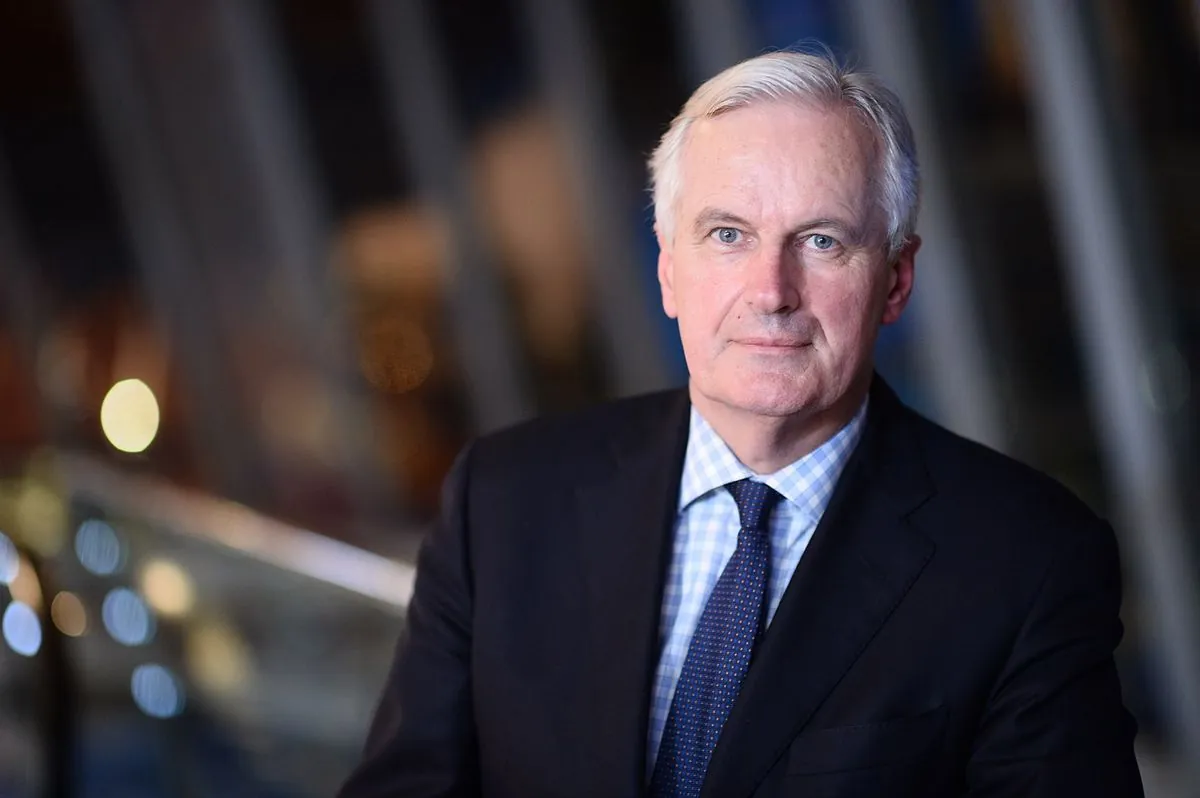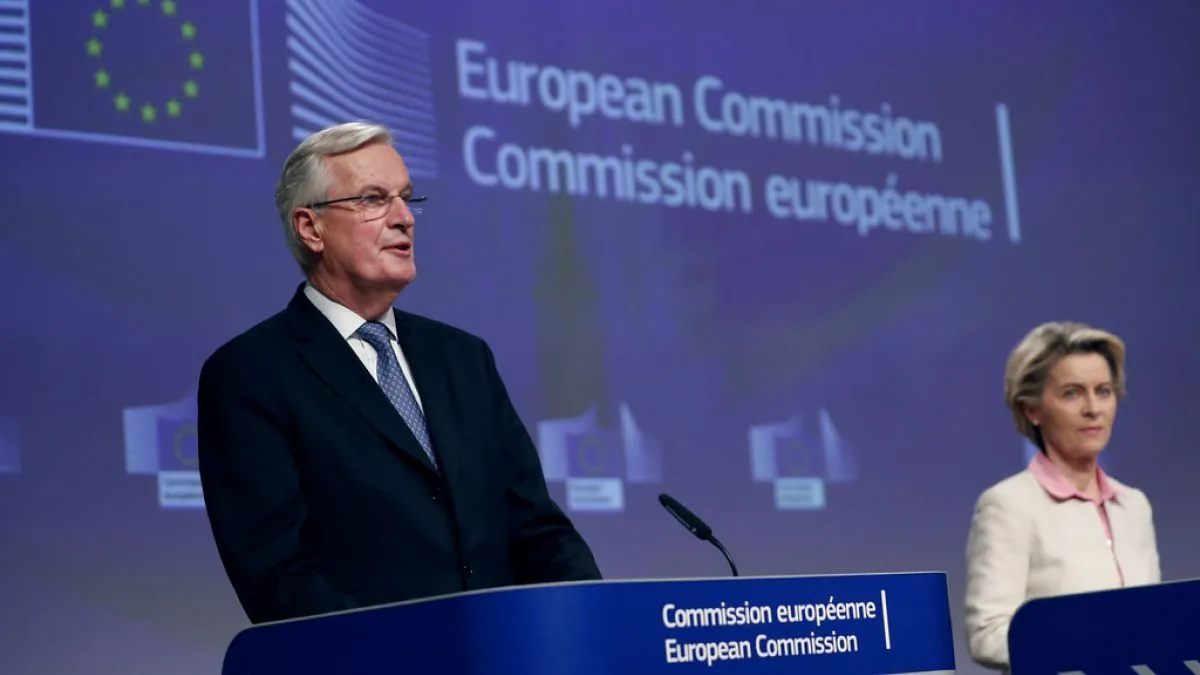Barnier's Past Vote Against Gay Rights Sparks Debate in France
Michel Barnier's appointment as French PM raises questions about his 1981 vote against decriminalizing homosexuality. Critics highlight his controversial stance amid France's evolving LGBTQ+ rights landscape.

The recent appointment of Michel Barnier as France's new Prime Minister has reignited discussions about his past voting record on LGBTQ+ rights. In 1981, the then 30-year-old lawmaker was among over 150 conservatives who opposed legislation to decriminalize homosexuality among young people.
This historical context has gained significance as Barnier, now 73, succeeds Gabriel Attal, France's first openly gay and youngest prime minister in the Fifth Republic. The stark contrast between the two has prompted questions about the message behind President Emmanuel Macron's choice.
France's journey towards LGBTQ+ equality has been complex. While the French Revolution abolished sodomy laws in 1789, subsequent public indecency statutes were used to penalize homosexuality throughout the 19th and 20th centuries. The Vichy regime, collaborating with Nazi occupiers during World War II, introduced specific anti-homosexuality legislation that persisted until 1982.
"What is the meaning of such a message?"
Research indicates that approximately 10,000 individuals were convicted under these discriminatory laws over four decades. The legislation set different age of consent standards for homosexual and heterosexual relationships, maintaining this disparity until 1982.
Barnier's voting record shows a consistent stance against LGBTQ+ rights progress. In addition to the 1981 vote, he supported maintaining Vichy-era laws in 1980. These decisions have raised concerns among activists and researchers about his current views and potential impact on ongoing LGBTQ+ rights initiatives.

A crucial test for Barnier may be his handling of a 2022 draft law aimed at compensating individuals persecuted under past anti-homosexuality legislation. His approach to this issue could indicate whether his views have evolved over the past four decades.
As France continues to grapple with its historical treatment of LGBTQ+ individuals, Barnier's appointment highlights the ongoing importance of addressing past injustices and ensuring equal rights for all citizens. The coming months will likely reveal whether the new Prime Minister's actions align with the progressive stance on LGBTQ+ rights that many French citizens now expect from their leaders.


































